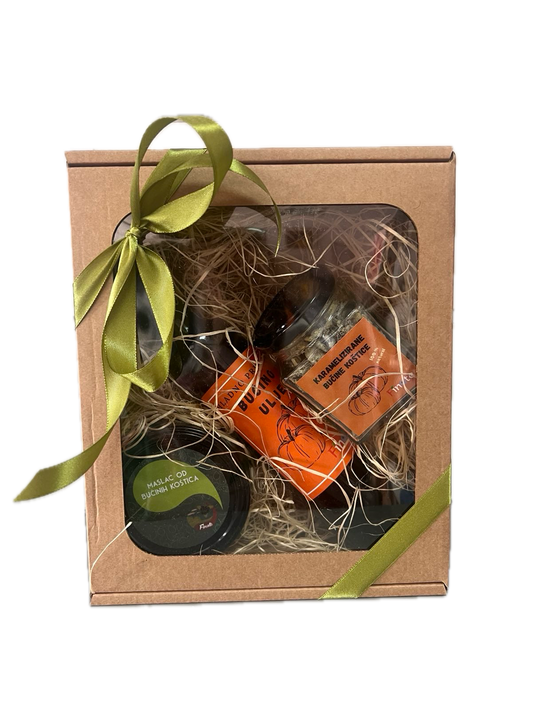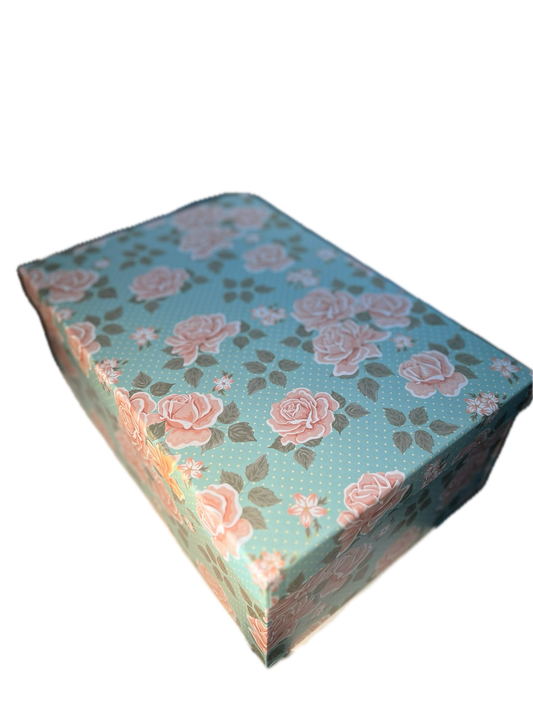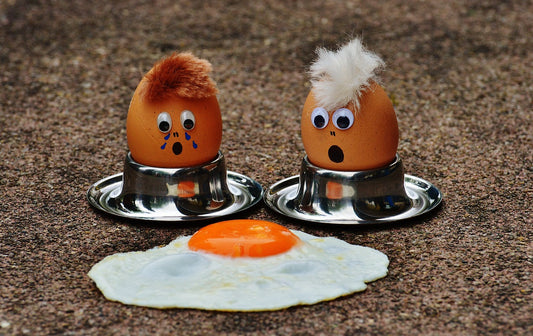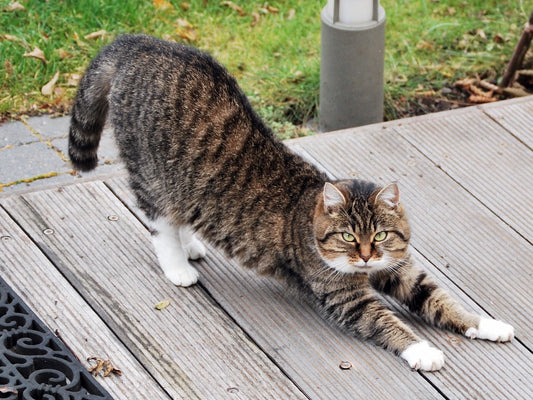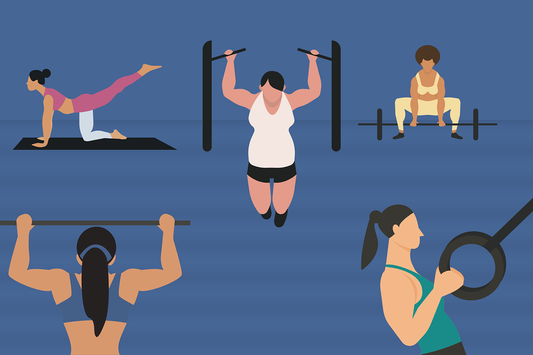Why do knees crack and how to improve them?
Međimurski cekerWhy do the knees "pop" while squatting?
A cracking sound in the knees can occur for several reasons:
- Gas bubbles: Small gas bubbles can form within the synovial fluid that lubricates the joints. When the joint moves, these bubbles can burst, making a sound.
- Tendons and ligaments: Tendons and ligaments can click over bones or other structures in the knee, which can create a popping sound.
- Articular cartilage: Damage or unevenness in the surface of articular cartilage can cause creaking or cracking.
- Degenerative changes: With age, joints can develop degenerative changes such as osteoarthritis, which can cause crepitation.
When does it appear?
Cracked knees can occur at any time of life, but it is more common in the elderly due to wear and tear on the joints. However, it can also occur in young people, especially those who play sports or are physically active, due to strain on the joints.
What exactly is going on?
When squatting, the knee goes through an extensive range of motion that can cause:
- Movement and stretching of tendons and ligaments.
- Pressure on gas bubbles in synovial fluid.
- Contact between uneven cartilage and bone.
What parts are included?
- Synovial fluid: The fluid that lubricates the joints.
- Cartilage: Smooth tissues that cover the ends of bones in joints.
- Tendons and ligaments: Tissues that connect muscles to bones and stabilize joints.
- Bones: Especially the femur (thigh bone), tibia (shin) and patella (kneecap).
How to fix cracking?
Exercises: Strengthening the muscles that support the knees can reduce stress on the joints.
- Low-impact cardio exercises: Swimming, cycling.
- Strength exercises: Squats, lunges, resistance exercises.
- Flexibility: Stretching of the quadriceps, calf, and calf muscles.
- Glucosamine and chondroitin: May help preserve cartilage.
- Omega-3 fatty acids: They have anti-inflammatory properties.
- Antioxidants: Fruits and vegetables rich in vitamins C and E.
- Potassium and magnesium: Bananas, nuts, green vegetables.
- Proteins: Provide building blocks for tissue regeneration.
- Maintaining a healthy body weight: Reduces pressure on the knees.
- Proper footwear: Support and cushioning help reduce stress on the joints.
- Treatment: If the cracking is painful or accompanied by swelling, a visit to a doctor or physiotherapist is recommended.
Regular physical activity and a balanced diet can significantly contribute to knee health and reduce cracking. If the problem persists or worsens, consultation with a medical professional is necessary.




















